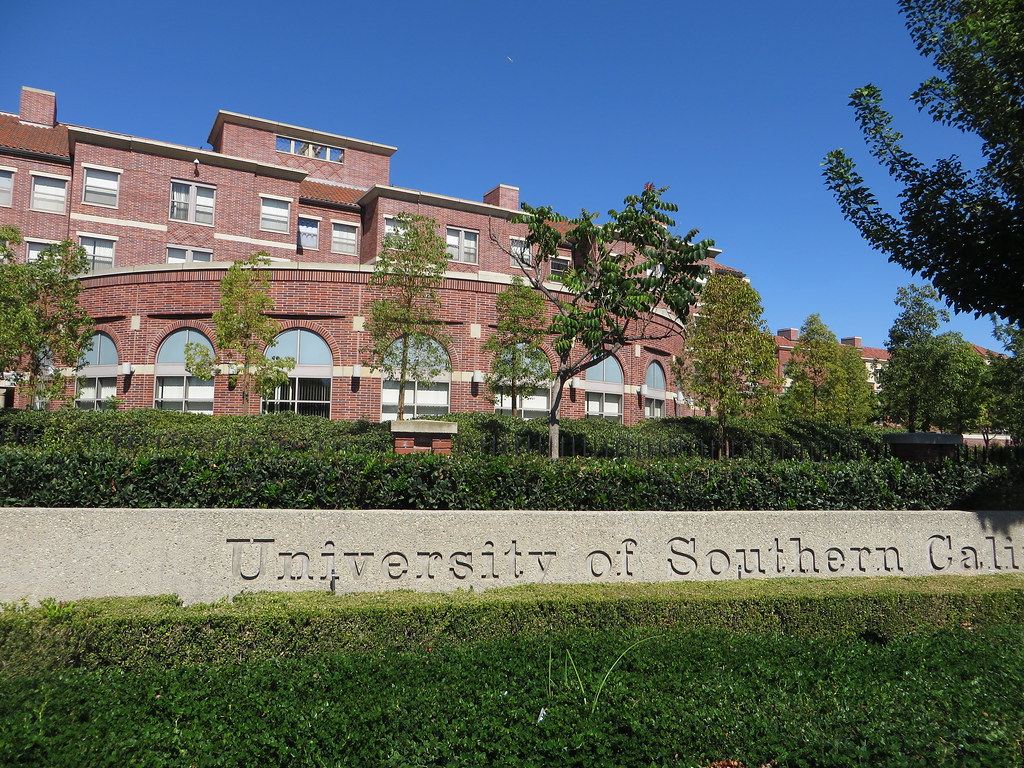An ugly academic war started in 2015 after the case filed by the University of California – the case against their private counterpart for faculty poaching. It ended with the apology and the official agreement of fifty million USD.
The problems followed the recruitment of Paul Aisen by the USC. Aisen was the resident expert on Alzheimer’s disease at UC. His research project had an estimated amount of one hundred million USD from federal and private funding.
The apology from USC stated,
“These actions did not align with the standards of ethics and integrity which USC expects of all its faculty, administrators and staff,”
Faculty poaching – hiring strategy went wrong?
Researchers and faculty are known to change jobs like any other professional. But when that happens, it is common courtesy to inform the current college and come to an amicable settlement with regards to funding and sharing of data.
USC case demonstrates how they hired Aiden confidentially, along with his lab staff and refused to share the data about over a thousand patients. In this UC argued that a federal grant did not belong to an individual researcher, but to the whole university. Hence it was highly unethical of Aisen to leave without informing UC.
In 2015, the President of the University of Southern California was C.L Max Nikias. He was reportedly forced out of his role as President in 2018 over several scandals. But he is credited with playing a vital role in the rise of USC.
Some say that his recruitment strategy involved luring reputed professors along with their research funding from public universities by promising enormous raises, housing loans, and brand new research facilities.
In due course, UC concluded that USC was unethical in drafting its academicians and funding. It led them to take an unheard of action. They filed the lawsuit against USC in 2015 which has today ended in a fifty million settlement.
The University of California has made its stance clear – they would fight to protect public research institutions from the onslaught of their rich private counterparts.







